Mitt Romney explains how he would have kept Russia from messing with Ukraine
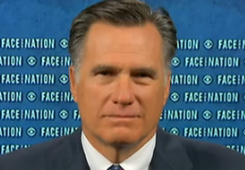

Failed presidential candidate Mitt Romney took a victory lap Sunday on Face the Nation, telling host Bob Schieffer that President Obama's "naiveté" and "faulty judgment" on Russia precipitated the situation in Ukraine. And Romney — whom Obama mocked in a presidential debate for suggesting that Russia is America's top "geopolitical foe" — explained how, had he been elected, he would have threatened Moscow so much it wouldn't have dared to mess with another country.
"Unfortunately, not having anticipated Russia's intentions, the president wasn't able to shape the kinds of events that may have been able to prevent the kinds of circumstances that you're seeing in the Ukraine, as well as the things that you're seeing in Syria," he said.
"This is not Fantasyland, this is reality where they are a geopolitical adversary," he added.
The Week
Escape your echo chamber. Get the facts behind the news, plus analysis from multiple perspectives.

Sign up for The Week's Free Newsletters
From our morning news briefing to a weekly Good News Newsletter, get the best of The Week delivered directly to your inbox.
From our morning news briefing to a weekly Good News Newsletter, get the best of The Week delivered directly to your inbox.
So what would Romney have done differently? More and earlier sanctions, accompanied by threats of other unspecified "things."
Had we, from the very beginning of the demonstrations in Ukraine, had we worked with our allies and said, "Look, let's talk about the kinds of severe sanctions we would put in place if Russia were to decide to move," and had we then communicated that to Russia beforehand, not put in place the sanctions but communicate, "Look, Russia, stand down here. Don't you think about grabbing territory or these are the things that will have to happen. These are the actions we will take." [Face the Nation]
A free daily email with the biggest news stories of the day – and the best features from TheWeek.com
Jon Terbush is an associate editor at TheWeek.com covering politics, sports, and other things he finds interesting. He has previously written for Talking Points Memo, Raw Story, and Business Insider.
-
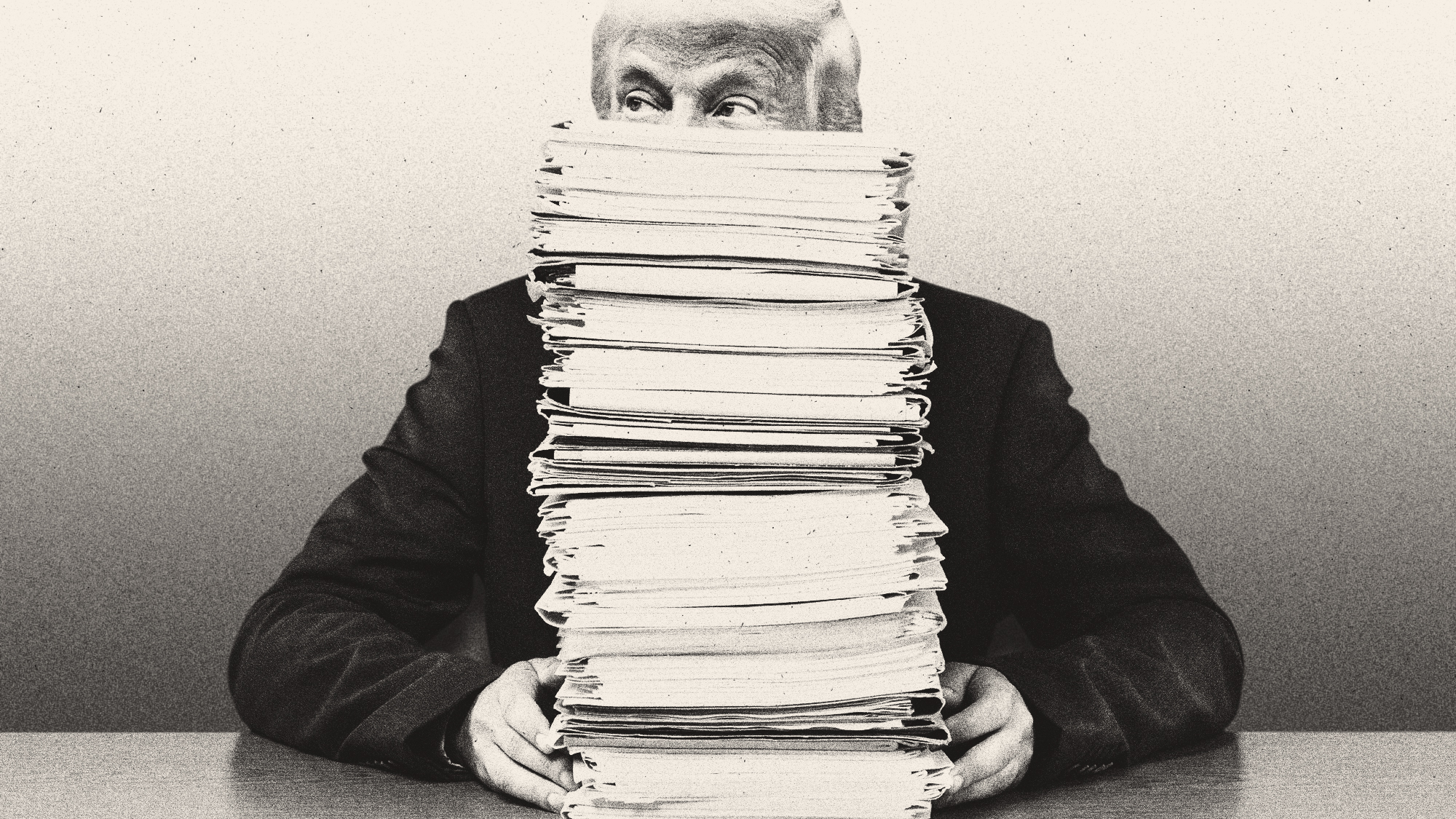 How are these Epstein files so damaging to Trump?
How are these Epstein files so damaging to Trump?TODAY'S BIG QUESTION As Republicans and Democrats release dueling tranches of Epstein-related documents, the White House finds itself caught in a mess partially of its own making
-
 Margaret Atwood’s memoir, intergenerational trauma and the fight to make spousal rape a crime: Welcome to November books
Margaret Atwood’s memoir, intergenerational trauma and the fight to make spousal rape a crime: Welcome to November booksThe Week Recommends This month's new releases include ‘Book of Lives: A Memoir of Sorts’ by Margaret Atwood, ‘Cursed Daughters’ by Oyinkan Braithwaite and 'Without Consent' by Sarah Weinman
-
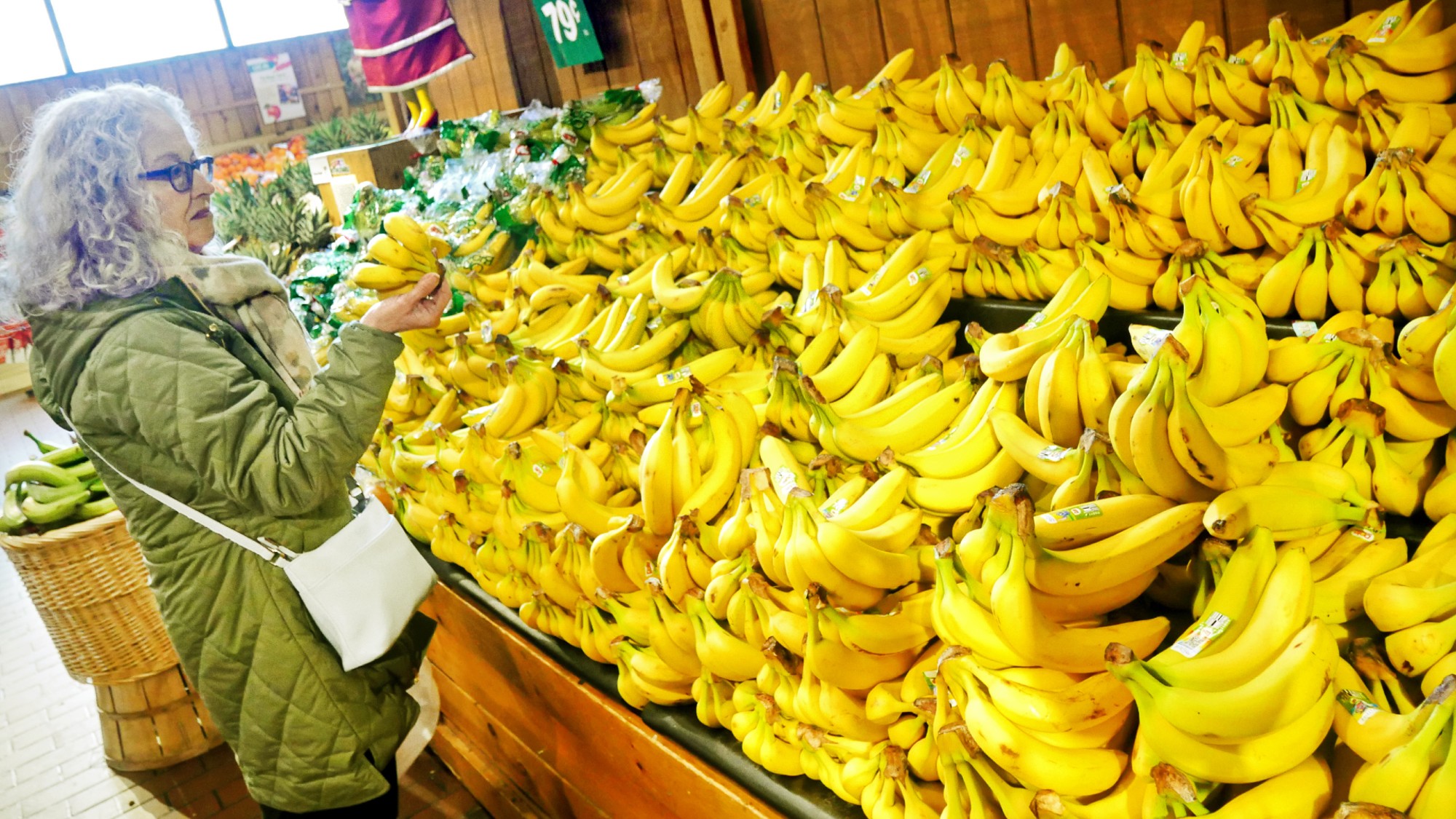 ‘Tariffs are making daily life less affordable now’
‘Tariffs are making daily life less affordable now’Instant Opinion Opinion, comment and editorials of the day
-
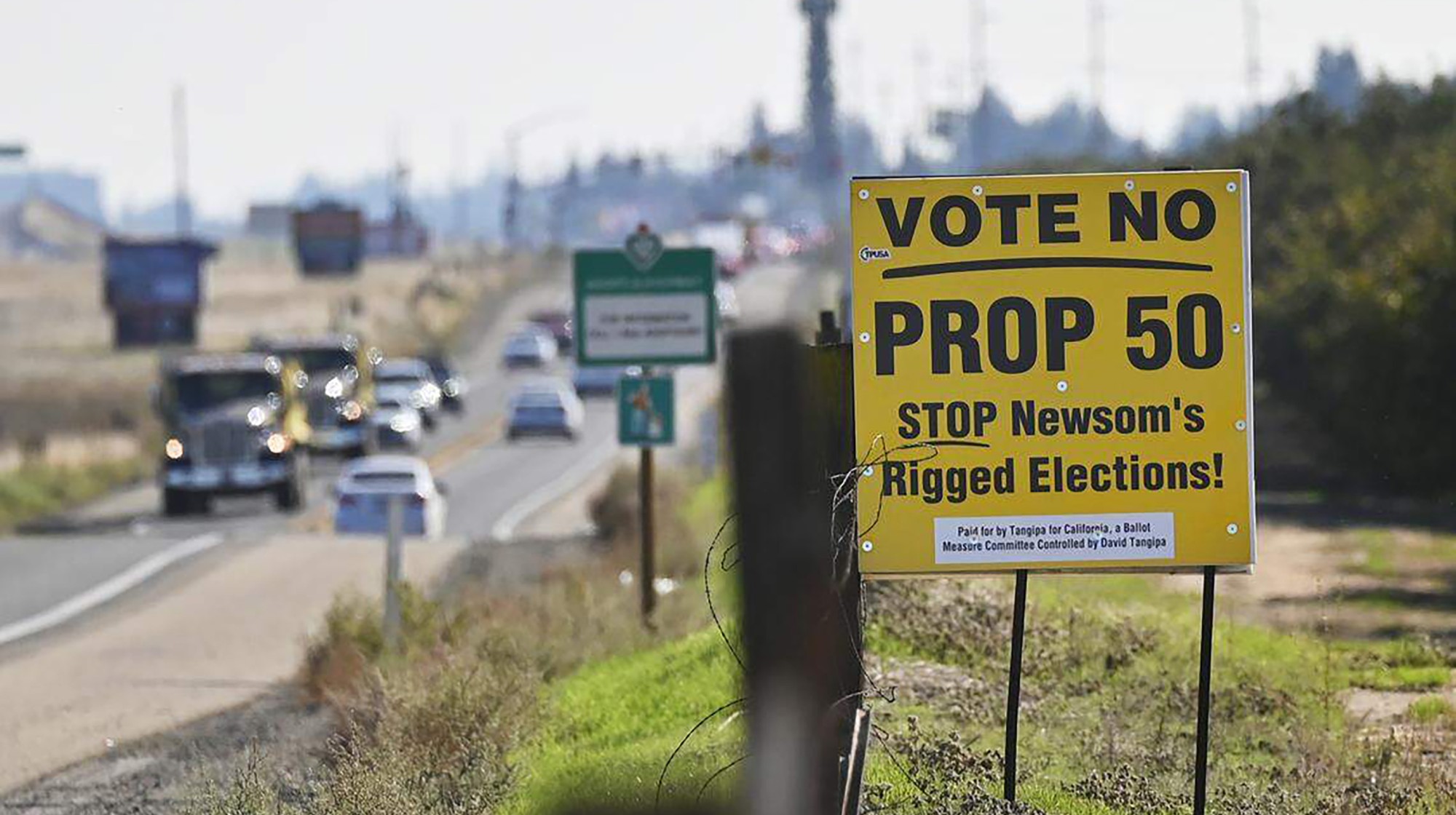 Trump DOJ sues to block California redistricting
Trump DOJ sues to block California redistrictingSpeed Read California’s new congressional map was drawn by Democrats to flip Republican-held House seats
-
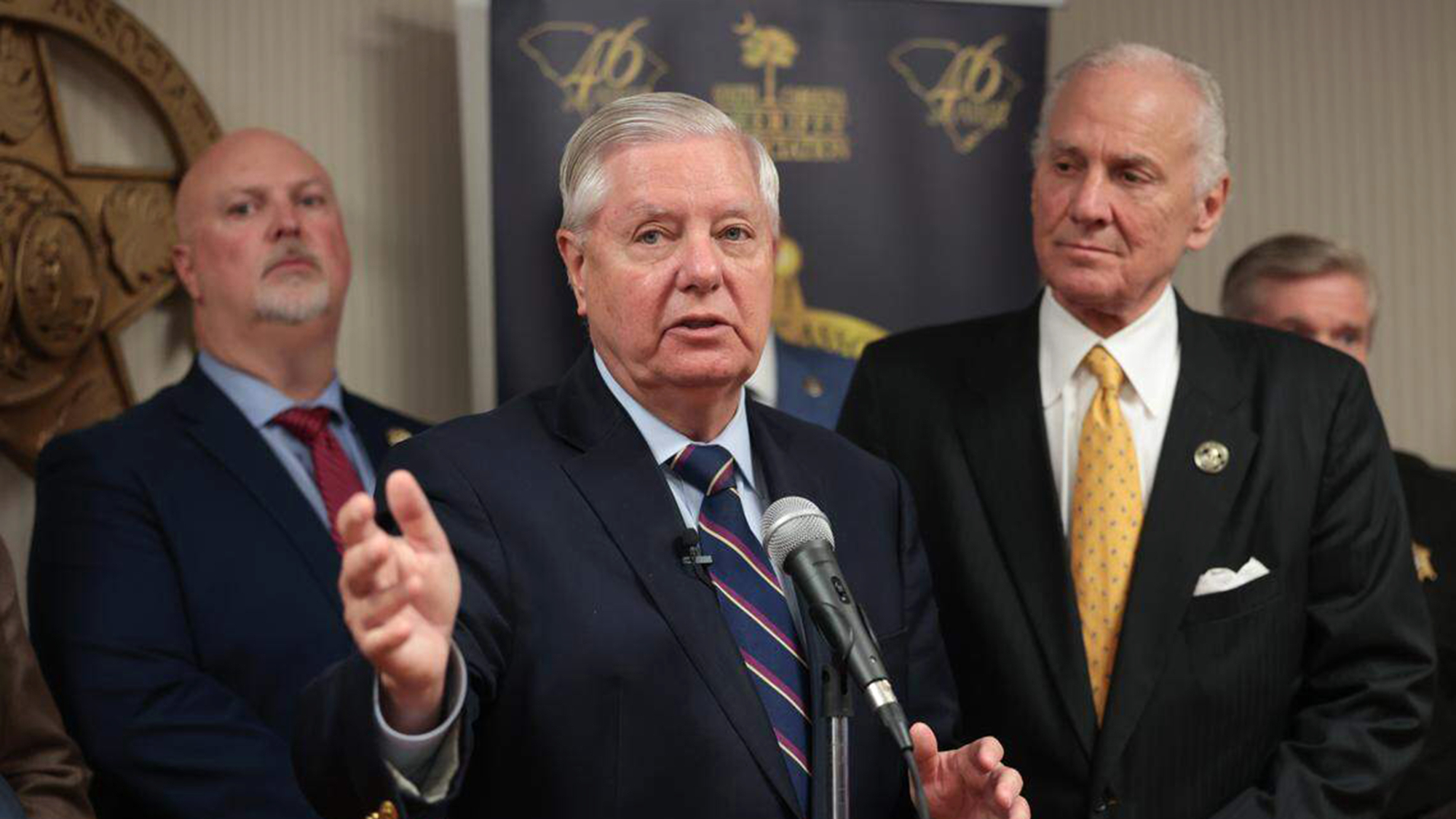 GOP retreats from shutdown deal payout provision
GOP retreats from shutdown deal payout provisionSpeed Read Senators are distancing themselves from a controversial provision in the new government funding package
-
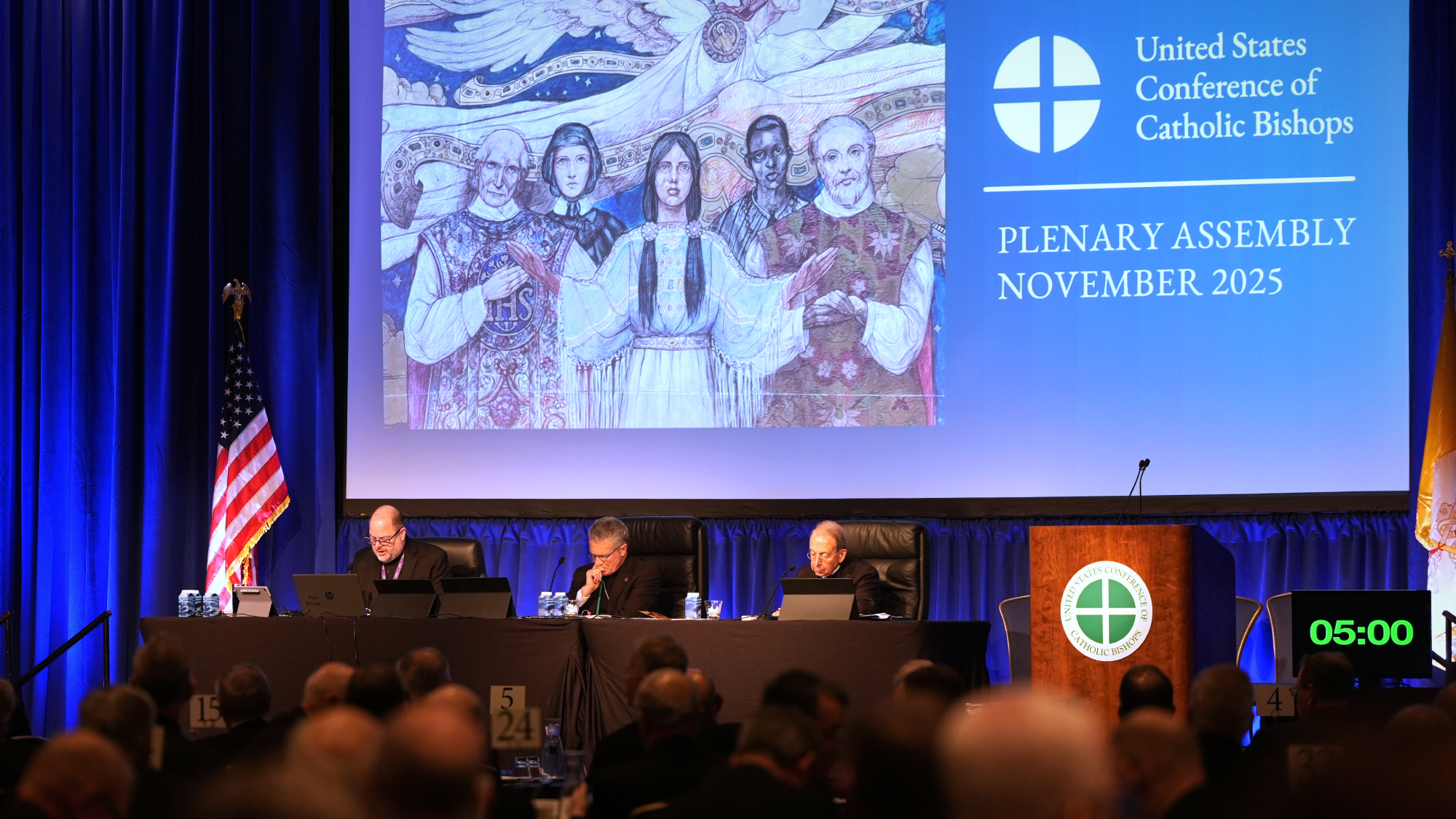 Catholic bishops rebuke Trump on immigration
Catholic bishops rebuke Trump on immigrationSpeed Read ‘We feel compelled’ to ‘raise our voices in defense of God-given human dignity,’ the bishops said
-
 House releases Epstein emails referencing Trump
House releases Epstein emails referencing TrumpSpeed Read The emails suggest Trump knew more about Epstein’s sex trafficking of underage women than he has claimed
-
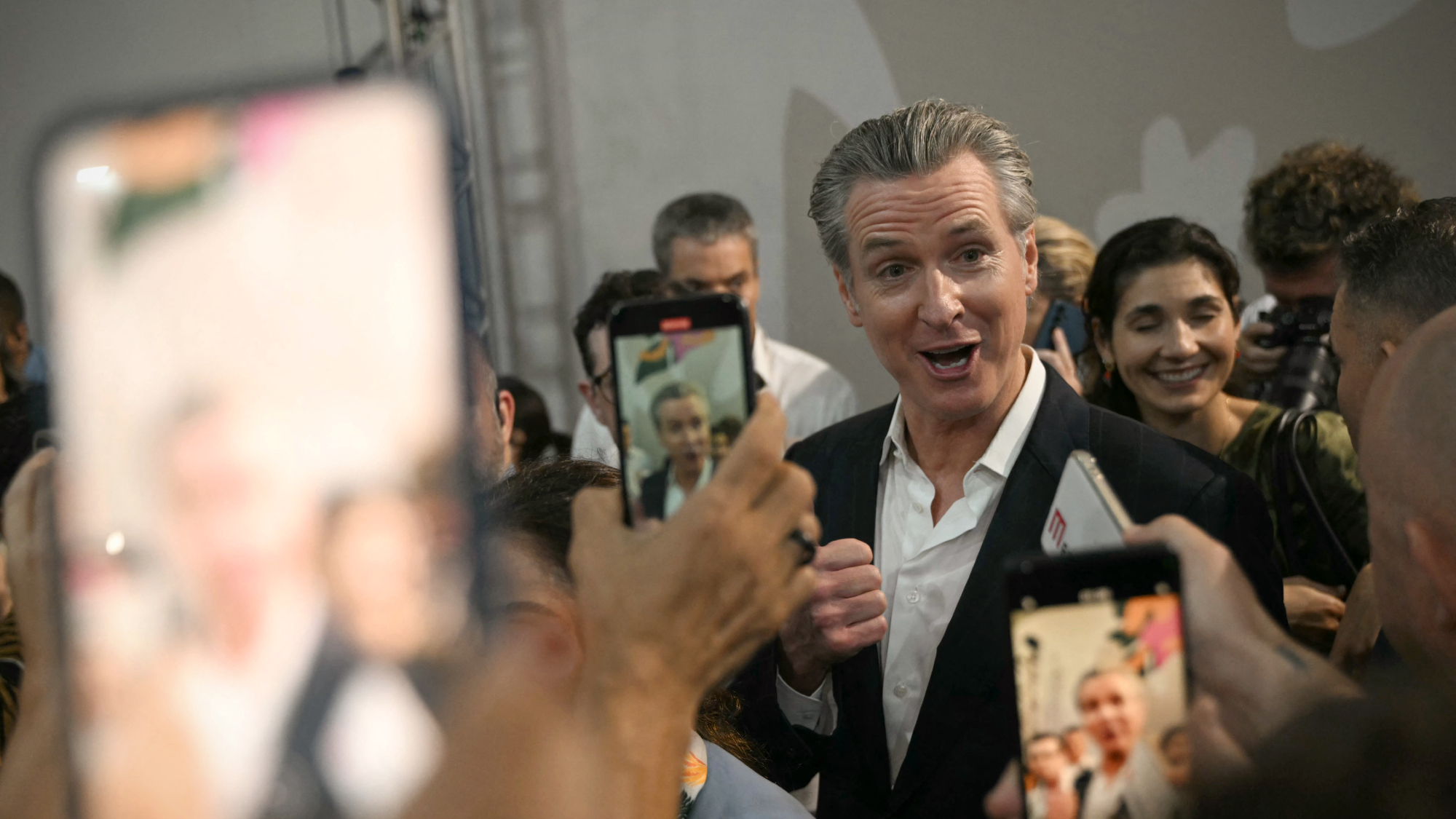 Newsom slams Trump’s climate denial at COP30
Newsom slams Trump’s climate denial at COP30speed read Trump, who has called climate change a ‘hoax,’ declined to send any officials to this week’s summit
-
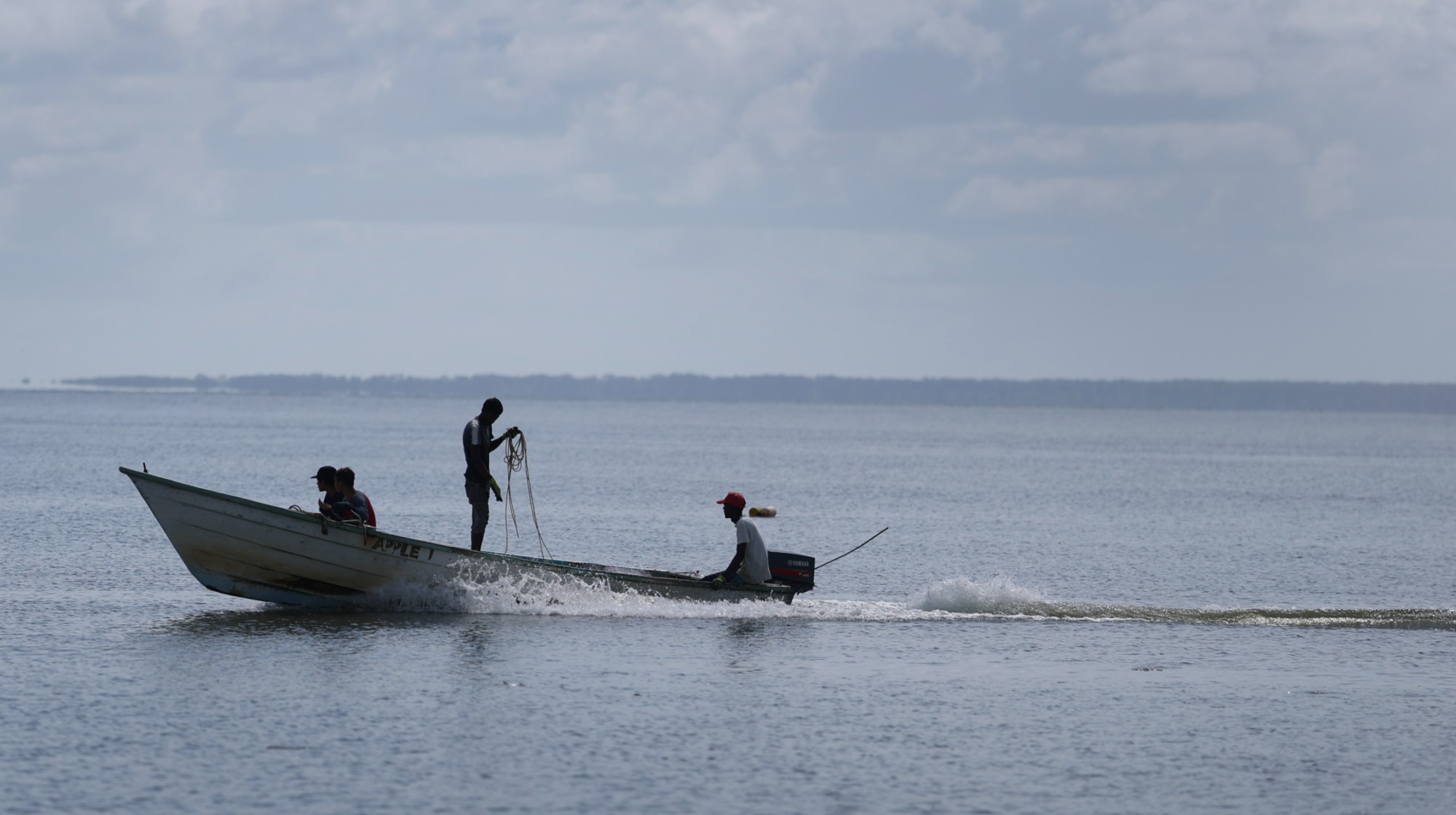 UK, Colombia halt intel to US over boat attacks
UK, Colombia halt intel to US over boat attacksSpeed Read Both countries have suspended intelligence sharing with the US over the bombing of civilian boats suspected of drug smuggling
-
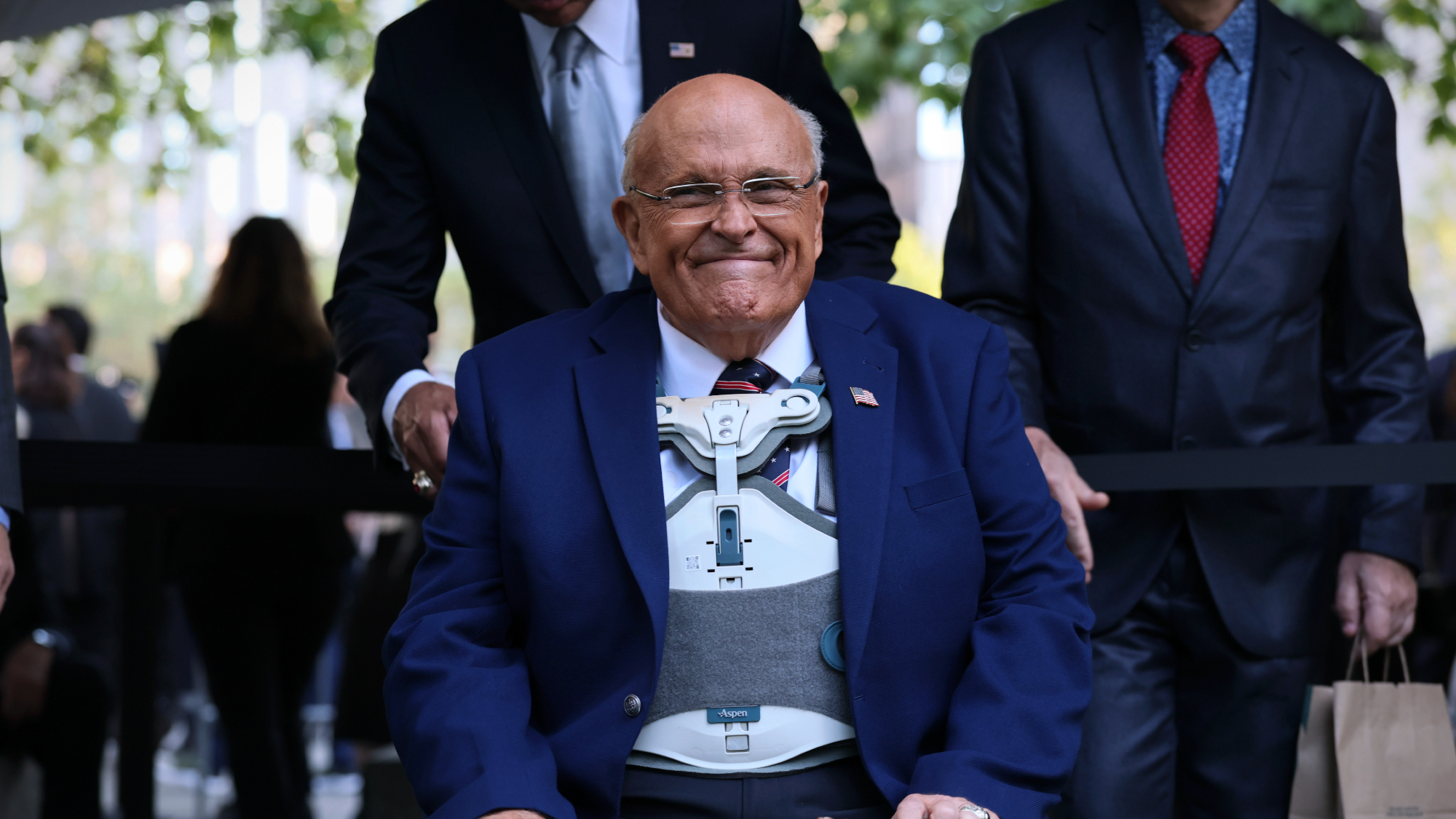 Trump pardons 2020 fake electors, other GOP allies
Trump pardons 2020 fake electors, other GOP alliesSpeed Read The president pardoned Rudy Giuliani and more who tried to overturn his 2020 election loss
-
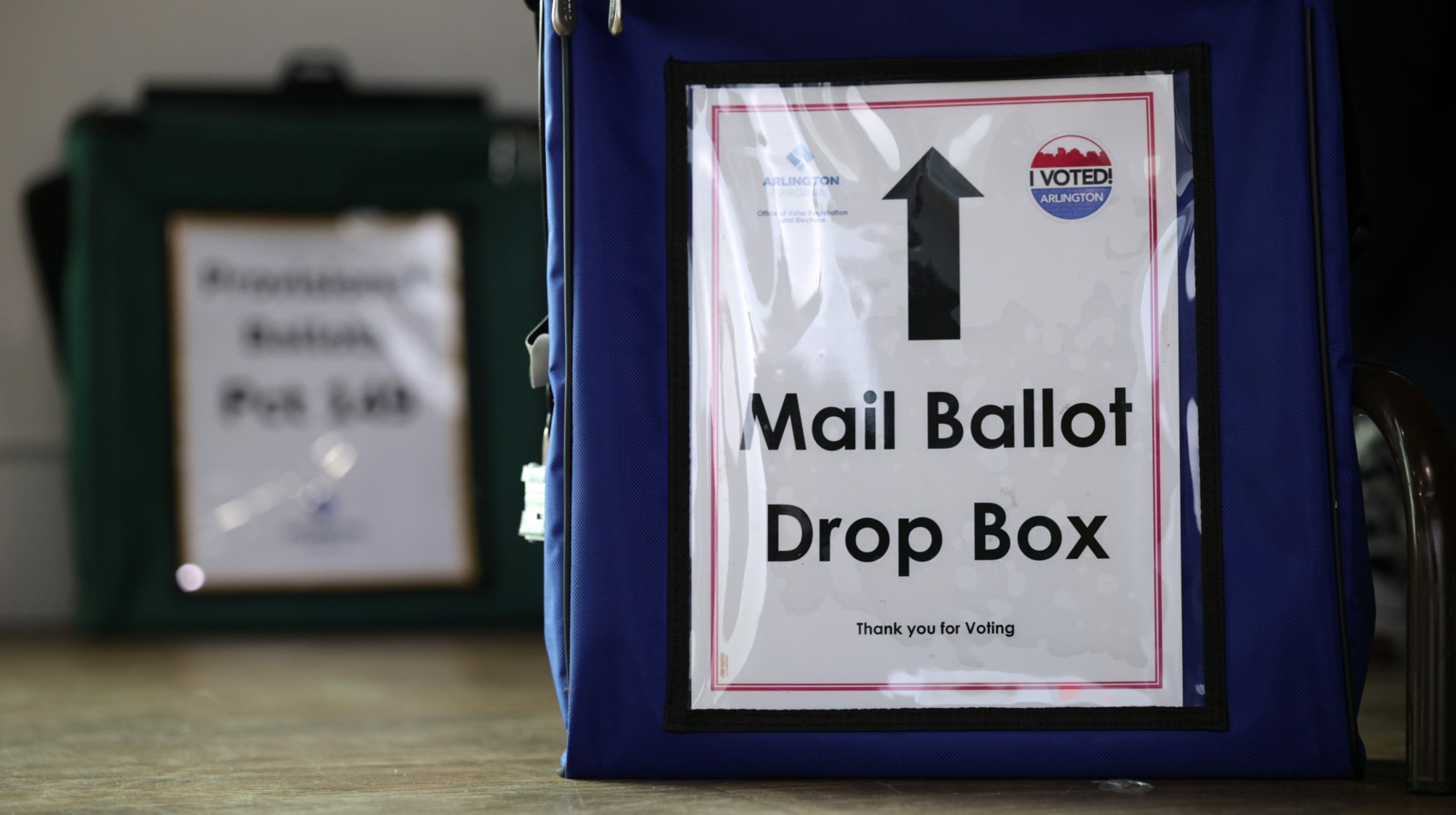 Supreme Court to decide on mail-in ballot limits
Supreme Court to decide on mail-in ballot limitsSpeed Read The court will determine whether states can count mail-in ballots received after Election Day
